Financial Planning, Housing and Consumer Economics
-

This circular provides a brief overview of health insurance and common terms associated with health insurance. The publication focuses on preventive health care, specifically common preventive health care services and wellness benefits provided through health insurance plans.
Pamela R. Turner, Joan Koonce, Swarnankur Chatterjee, and Ali Berg
|
-

If you need a particular type of insurance, it is better to have it even if you never use it. The hard part is knowing the difference between insurance you need and insurance you are better off without. Many people purchase insurance without knowing whether they need it or not. Unless you fully understand insurance, you may be wasting money on insurance products you don’t need.
Joan Koonce
|
-
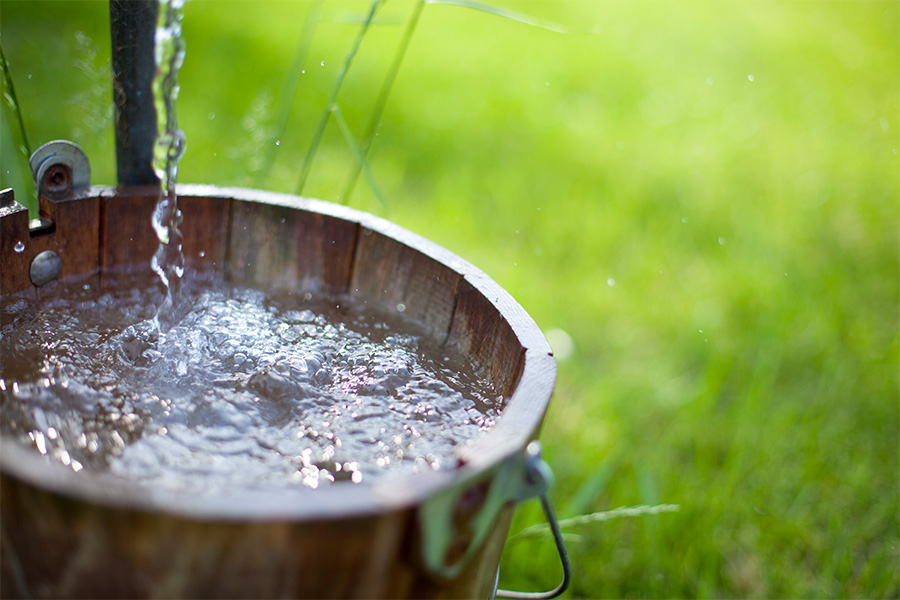
About 95 percent of Georgia’s rural residents depend on groundwater to supply their drinking water and farm needs. Wells are designed to provide clean water. If improperly constructed and maintained, however, they can allow bacteria, nitrates, pesticides, or petroleum products to contaminate ground water. These contaminates can put family and livestock health at risk. This assessment allows you to evaluate the environmental soundness of your farm and operational practices relating to the condition of your drinking water well.
Gary L. Hawkins, Pamela R. Turner, Uttam K. Saha, and Laurel Dunn
|
-
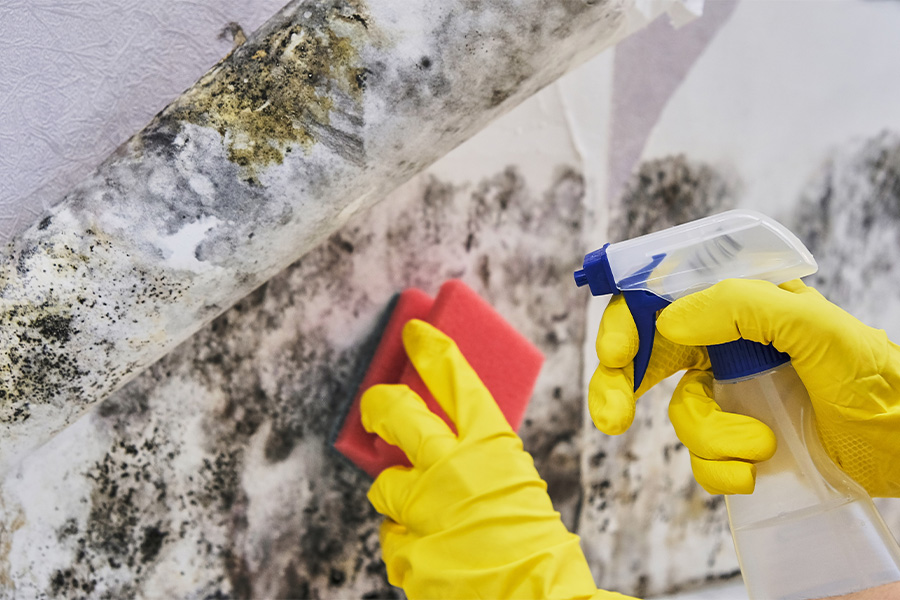
C 1047-2
Removing Mold in Your Home
Mold grows from spores, which are found naturally in the air and cannot be seen by the naked eye. Do a complete inspection of your home using the UGA Mold and Moisture Checklist. The key to controlling mold is to eliminate the source of the moisture problem.
Pamela R. Turner, Jackie E. Ogden, and Melanie Badding
|
-
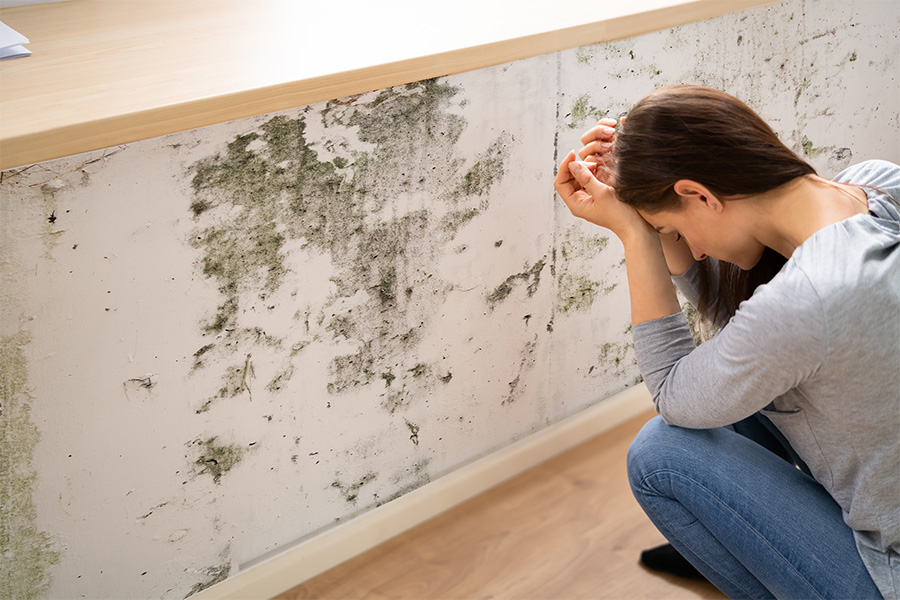
C 1047-1
Preventing Mold in Your Home
Mold in your home is not only unsightly, it can also cause health problems. If you have mold growing in your home, you may experience allergy-like symptoms, asthma attacks, or other negative health effects. Learn how to prevent mold from becoming a problem in your home.
Pamela R. Turner, Jackie E. Ogden, and Melanie Badding
|
-

C 2579
Be Aware of Your Indoor Air
Did you know the air inside buildings is nearly always more polluted than outside air? Learn the types of indoor air pollution and what you can do.
This publication was originally published by the LSU AgCenter and released for use in the state of Georgia by UGA Extension Housing & Environment Specialist Pamela Turner.
Pamela R. Turner
|
-
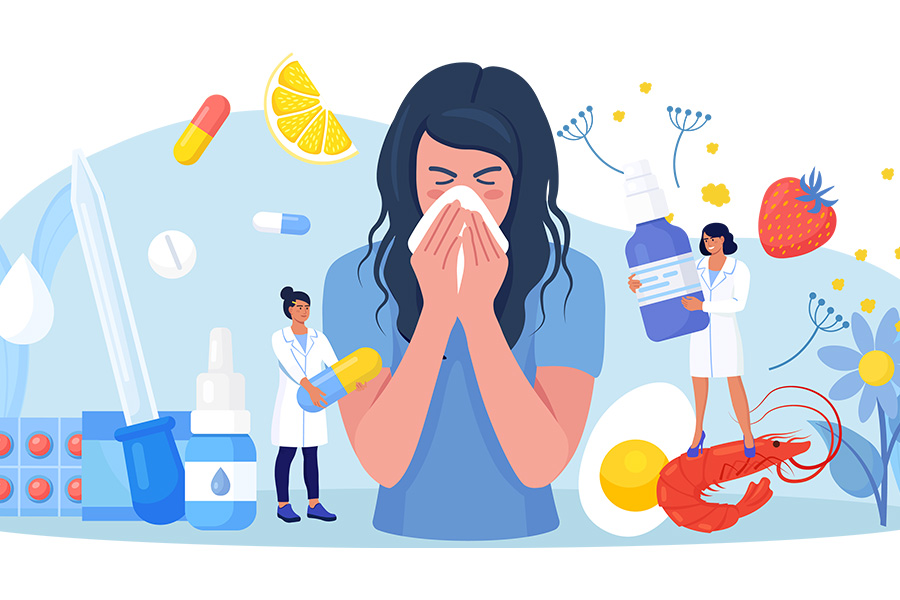
Asthma is a lung disease that affects millions of adults and children, and can be triggered by numerous indoor pollutants such as mold, cockroaches, dust mites, pet dander, and secondhand smoke. There is no cure for asthma, but it can be managed through medication and avoiding allergens that can trigger an attack.
Stephanie Benton, Ines Beltran, and Pamela R. Turner
|
-
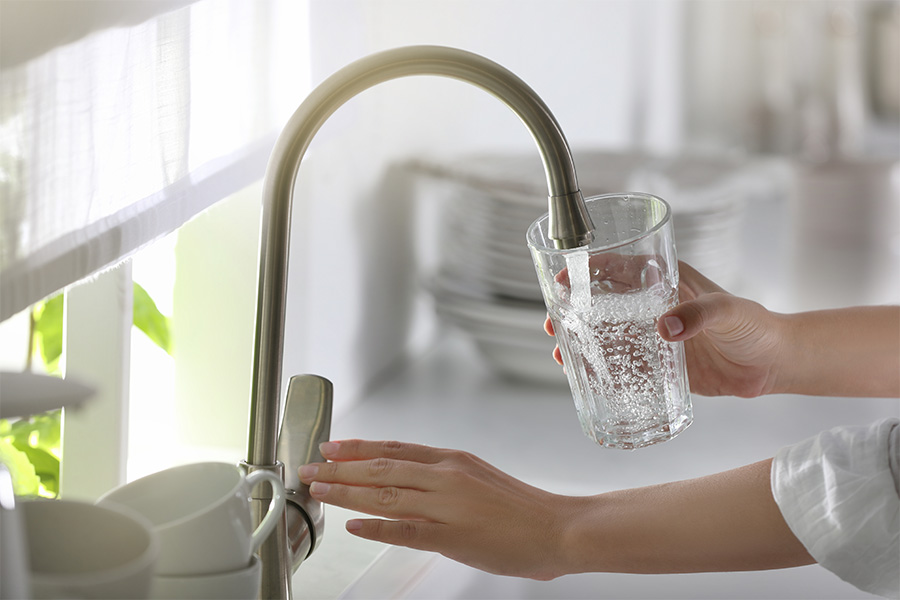
This publication explains how to identify and remove hydrogen sulfide and sulfate from household water.
David E. Kissel Ph.D, Pamela R. Turner, Uttam K. Saha, Jake Mowrer, and Leticia S Sonon
|
-

C 858-11
Iron and Manganese
Elevated levels of iron (Fe) and manganese (Mn) are two of the most common water quality problems in Georgia’s groundwater. This circular addresses problems associated with high levels of these two elements, levels considered to be a problem, and treatment options to remove the iron or manganese.
Pamela R. Turner, Uttam K. Saha, Rick Smith, Jake Mowrer, and Leticia S Sonon
|